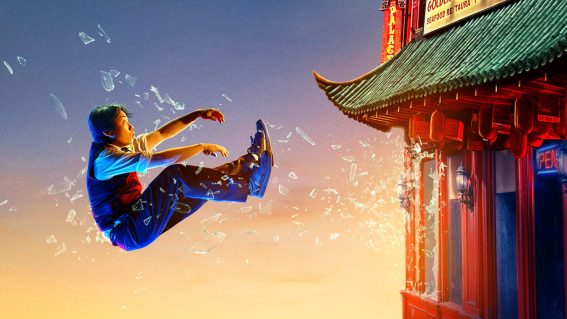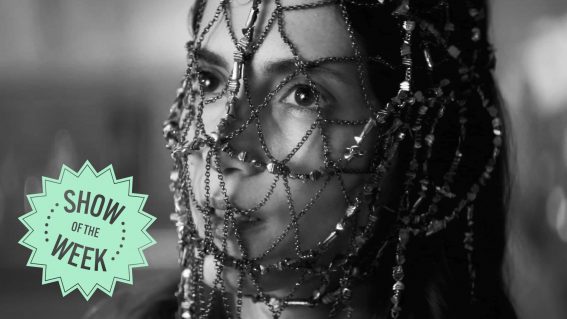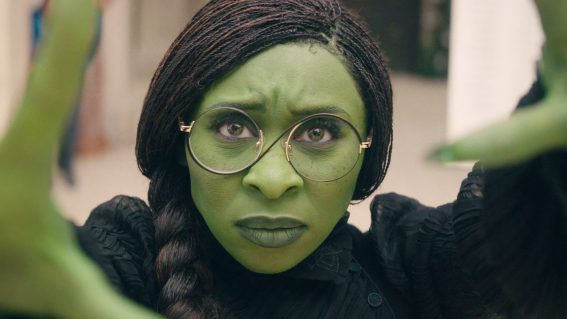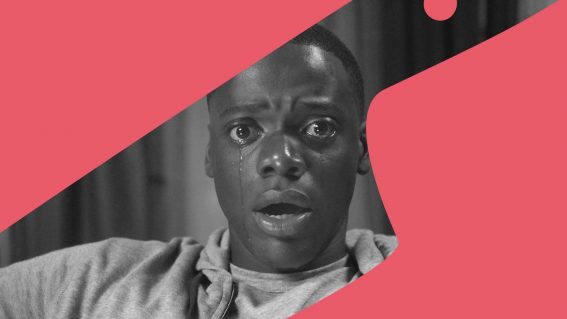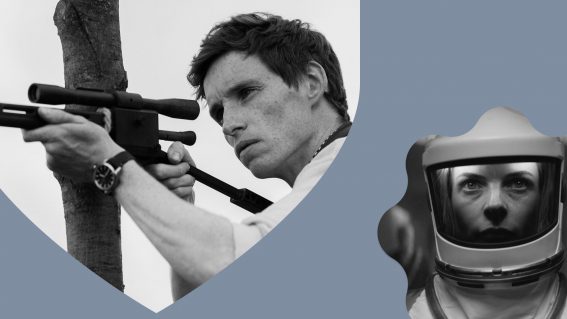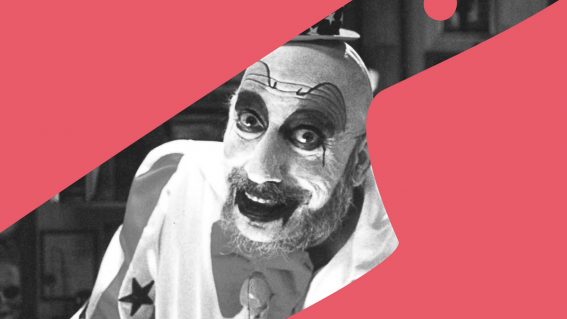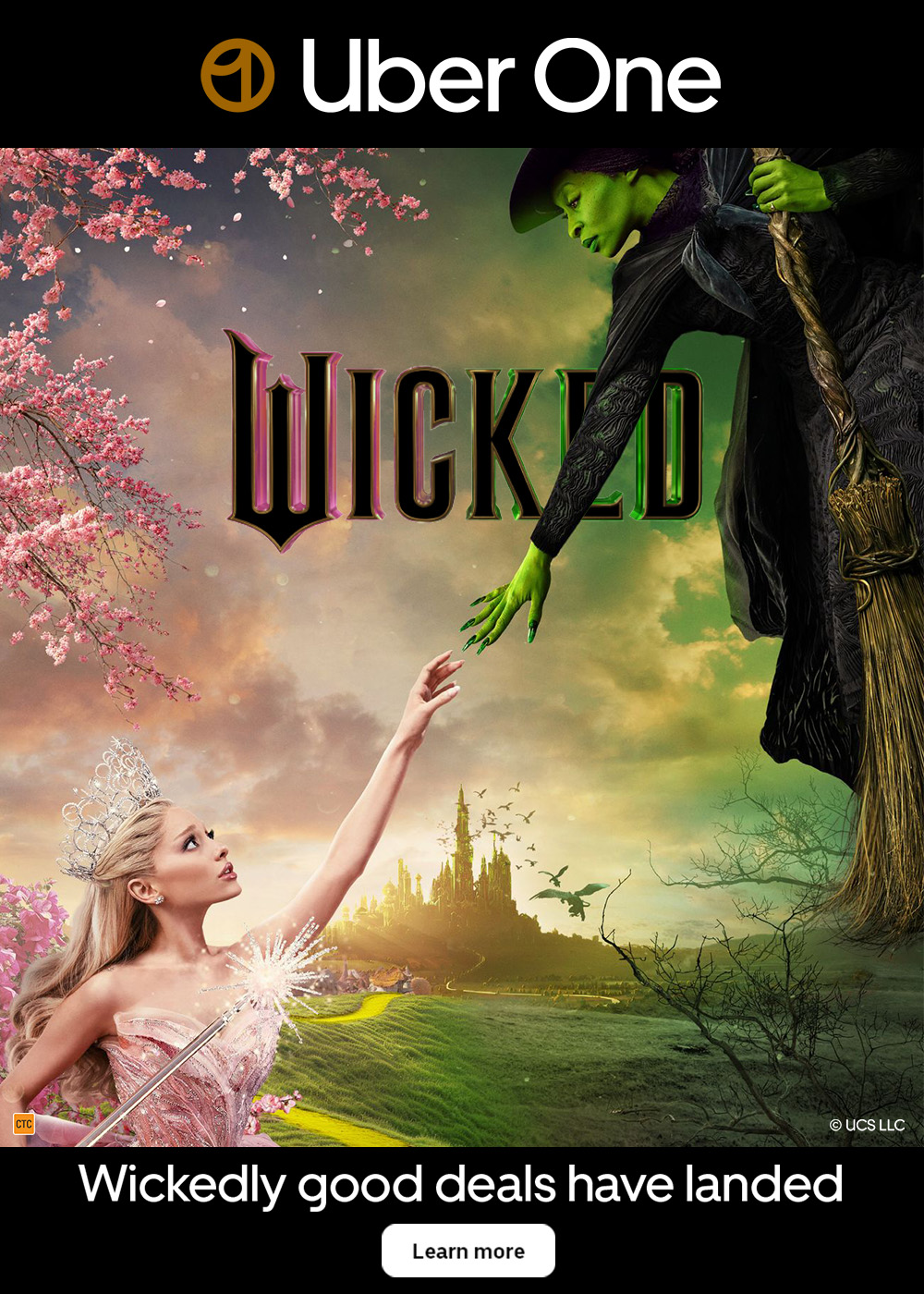Forget Space Force, here’s the 9 best sci-fi comedy series of all time
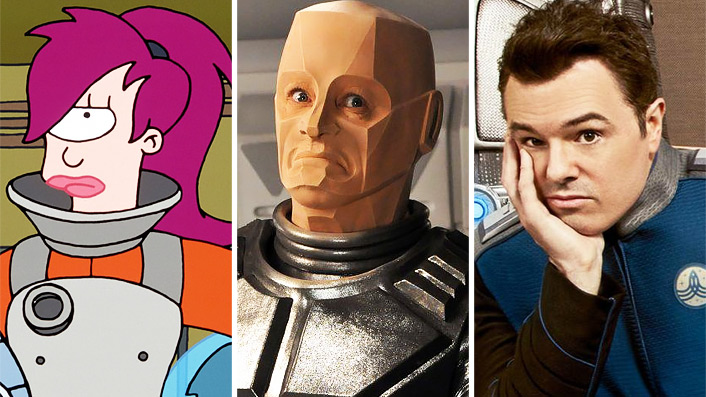
Netflix’s new sitcom Space Force has copped a beating from critics. So what does a truly excellent sci-fi series look like? Travis Johnson lists the best of the best.
Space Force, the new Netflix sitcom from The Office team of Greg Daniels and Steve Carell, sees Carell as an American general in charge of establishing the titular sixth branch of the US military and dealing with all the pitfalls that entails.
See also:
* Best new movies & series on Netflix
* All new streaming movies & series
* Top 50 comedies on Netflix, Stan and Prime Video
It’s sci-fi—for now—and a workplace comedy, with the likes of John Malkovich, Ben Schwartz, Jimmy O. Yang, Fred Willard and Lisa Kudrow on hand to make life difficult for the hapless honcho. But it’s not the first TV series to straddle the line between speculative fiction and screwball antics.
With the right kind of eye, you can see plenty of opportunities for laughs in the sci-fi genre landscape. The better examples manage to both bring the jokes and explore interesting philosophical and conceptual territory as only the finest science fiction comedies can.
Here, then are 10 of the best.
Chuck (2007 – 2012)
The Show: When underachieving nerd Chuck Bartowski (Zachary Levi) accidentally downloads top secret CIA software The Intersect into his befuddled meat-brain, he finds himself thrust into a world of high tech espionage. Protected by svelte CIA agent Sarah Walker (Yvonne Strahovski) and gruff NSA assassin John Casey (Adam Baldwin), can Chuck find what it takes to be a hero while at the same time holding down his tech support gig at a big box store?
Why It’s Great: Staking out the more SF-adjacent end of espionage thrillers for its parodic hunting ground, Chuck has just enough high-tech weirdness for it qualify as a sci-fi show—the kid has a supercomputer in his head, after all. It is witty, deft and not afraid to get really weird. Genre royalty, including Scott Bakula, Tony Todd, Brandon Routh, Linda Hamilton, Timothy Dalton, Carrie-Anne Moss (and more) regularly crop up in significant supporting roles, and the chemistry between Levi and Strahovski is absolute fire.
Futurama (1999 – 2013)
The Show: Pizza delivery guy Philip J. Fry (Billy West) is cryogenically frozen until the 31st century, where he must contend with both a wildly chaotic super-science world and the mundane demands of holding down a job at Planet Express deliveries, trying to romance mutant pilot Lela (Katey Sagal), the schemes of human-hating robot best bud Bender (John DiMaggio), and the occasional universe-threatening catastrophe.
Why It’s Great: It’s Matt Groening doing science fiction. The creator of The Simpsons is free to let his freak flag fly, giving us a world filled with mutants, aliens, robots, resurrected severed heads in tanks, addictive slug excrement, mind-controlling brain slugs and more. Sci-fi, and animated sci-fi in particular, lets you go large with ideas; like current internet darling Rick and Morty, Futurama takes that as a personal challenge, delivering preposterous scenarios and outlandish plots.
The Hitchhikers Guide to the Galaxy (1981)
The Show: The show of the novel of the radio play that was eventually turned into a movie. And a computer game or two. One dreadful afternoon Earth is demolished by a Vogon Constuctor Fleet to make way for a Hyperspace Bypass, and earthman Arthur Dent (Simon Jones) finds himself hopping around the galaxy with his friend Ford Prefect (David Dixon), who turns out to be both an alien and a roving researcher for the titular book, which is basically Wikipedia with all the boring bits cut out.
Why It’s Great: Douglas Adams is easily the most influential genre humorist of all time (yes, Terry Pratchett fans, it’s true), and the Hitchhikers franchise in whatever form it takes is his masterwork: an absurdist but humanistic journey through a hostile but hilarious universe of vast bureaucracies, ancient cultures, antagonistic aliens and the handful of no-hopers, chancers, and ne’er-do-wells canny enough to hitchhike from one end of the galaxy to the other.
The one season TV version never gets as weird as the books or radio show did—they simply didn’t have the budget—but remains the visual template of the whole shebang, even after the little-liked (but still pretty good) 2005 film. And “Journey of the Sorcerer” rocks.
The Middleman (2008)
The Show: Struggling artist Wendy “Dub Dub” Watson (Natalie Morales) takes a gig through the Jolly Fats Wehawkin Temp Agency only to find herself assistant to The Middleman (Matt Keeslar), a kind of square-jawed freelance exotic troubleshooter who deals with mad scientists, alien invasions, vampiric puppets, and more.
Why It’s Great: Combining deadpan slacker humour with a deep love of genre pop culture, The Middleman is essentially a love letter to ‘80s sci-fi and fantasy, referencing Ghostbusters, Escape From New York, The Adventures of Buckaroo Banzai, and more. Morales’ cynical 20-something artist and Keeslar’s unreconstructed pulp hero make for a great central pairing, and the outlandish plots they uncover ever week are a mashup of every genre trope under the sun, delivered with an on-point mix of snark and affection.
It was a simply wonderful series, and thus too good for this world. The Middleman lasted one season and is well worth tracking down if you can find it.
Mork & Mindy (1978 – 1982)
The Show: Alien researcher Mork from Ork (Robin Williams) is sent to Earth to observe human behaviour. Landing in Boulder, Colorado, he winds up living in the attic of young single Mindy (Pam Dawber), who helps him understand Earth culture.
Why It’s Great: Robin Williams.
Okay, to elaborate, although for many people the late, great Robin Williams was a constant presence in their lives for decades, in the late ‘70s he was a fresh wind in comedy—especially television sitcoms. Emerging from the stand up scene, Williams brought manic energy and a gift for improv to the relatively staid sitcom world, to the point where the series’ writers eventually just left blank spaces on the page for Williams to fill in the moment with his wild, impromptu performance.
Mork & Mindy has aged, but at its best it’s an example of a comedy master completely unfettered and exploring his craft with near-total freedom.
Mystery Science Theatre 3000 (1988 – 2018, more or less)
The Show: Trapped on an orbiting satellite by a mad scientist, a human subject (Joel Hodgson, then Mike Nelson, lately Jonah Ray) is forced to watch a never-ending supply of bad, B-grade sci-fi and horror movies to see how long it’ll take him to go mad. Luckily, along with robots Crow, Tom Servo, Gyspy and Cambot, he maintains his mind by mercilessly ripping strips off the movies as they play. We get to watch along.
Why It’s Great: Although it convinced countless unfunny dorks that the world wanted to hear them and their mates doing much the same thing, in and of itself Mystery Science Theatre 3000 is work of genius. Two things stand out: firstly, the repartee is finely honed, genuinely funny and lighting fast, firing a shotgun load of zingers at the audience in every scene.
Secondly, MST3K has a huge amount of love for the various creaky old chillers they ruthlessly lampoon. It takes a deep knowledge of and appreciation for the likes of One Million Years B.C., Space Mutiny, Deathstalker and This Island Earth to really skewer them, and these guys have it in spades. Even the MST3K treatment couldn’t make Manos: The Hands of Fate watchable, though.
The Orville (2017 – Present)
The Show: Star Trek-as-workplace-comedy, with Captain Ed Mercer (Seth McFarlane) commanding the titular starship, exploring strange new worlds and new civilisations, and trying to keep his mixed bag crew of brilliant but unhinged personalities in line.
Why It’s Great: Creator and star Seth McFarlane (Family Guy et al) clearly loves Star Trek, and so The Orville walks the thin line between parody and homage, upholding old Gene Roddenberry’s utopian values while mocking the more straitened and clunky elements of the venerable space franchise. The set up also lets McFarlane to explore all kinds of social and personal issues, although his clumsy fascination with non-binary gender issues is occasionally wince-worthy. Still, this hits more than it misses.
Red Dwarf (1988 – Present)
The Show: Space slob Dave Lister (Craig Charles) finds himself trapped three million years from home when the titular mining ship is hit with a lethal dose of radiation while he’s in stasis. His only companions are a hologram of his risible roommate, the late Rimmer (Chris Barrie), a lifeform evolved from his pregnant cat (Danny John-Jules) and Holly (Norman Lovett), the senile ship’s computer. Adventures and laughs across time, space, life, death and reality ensue.
Why It’s Great: While the scope of the show and the budget expanded outwards from season three onwards, Red Dwarf is at its best in the first two cheap as chips seasons, with Lister and Rimmer driving each other insane while stuck together in near-derelict Red Dwarf. Sure, they tackled the occasional sci-fi problem, but it was essentially an existential comedy about two guys who hate each other trying to get along, and usually failing.
Seasons three to six, which saw servile robot Kryten (Robert Llewellyn) join the crew, are still pretty good, but lack the simple genius of the early episodes. After that, though, you’re really rolling the dice—but sometimes they come up boxcars.
Rick and Morty (2013 – Present)
The Show: Alcoholic, self-loathing scientific genius Rick Sanchez (Justin Roiland) drags his hapless grandson Morty (also Roiland) through a series of mind-bending but cynical adventures across the length and breadth of reality.
Why It’s Great: Juxtaposing low-brow humour, big sci-fi concepts and an absurdist, existentialist philosophy, Rick and Morty takes the ostensibly hopeful tone of most SF and comedy (or at least SF comedy) and turns it on its head. It’s blisteringly funny, conceptually ambitious, and ultimately very humanist in its outlook, preferencing human relationships over the objective truth of the universe’s indifference to consciousness and suffering.
Rick, having a handle on how the universe really works, can never know happiness, and so is a figure to be pitied rather than idolised. Unfortunately, a legion of Very Online fans seem to have skipped over that last part, but if you can avoid the smellier corners of Reddit and Twitter, Rick and Morty is a fine time.


